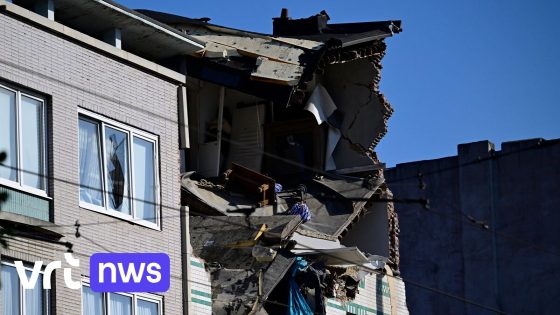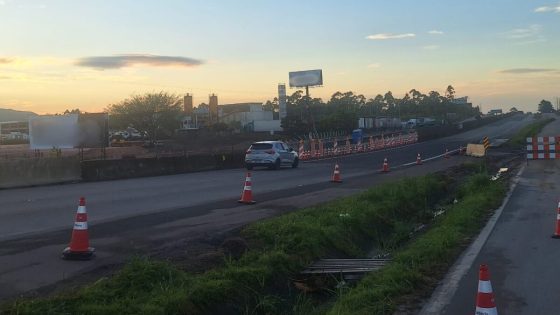The recent land eviction at Setia Mekar Residence 2 in Bekasi has sparked significant controversy. On February 8, 2025, five homes were demolished by the Cikarang District Court, but many are questioning the legality of this action. How could the court make such a mistake?
- Controversial land eviction in Bekasi
- Court evicted homes outside dispute area
- Minister claims execution process flawed
- Three procedural errors identified by Nusron
- Residents possess valid property certificates
- No court order to cancel land certificates
What Went Wrong in the Bekasi Land Eviction Process?
How could a court evict homes that are legally owned? The recent eviction in Bekasi highlights major procedural flaws that have left residents feeling vulnerable and confused.
Key Issues Surrounding the Eviction in Bekasi
The eviction of homes in Bekasi has revealed significant issues with the judicial process. The Minister of Agrarian Affairs, Nusron Wahid, pointed out that the court did not follow three critical steps before executing the eviction:
- Failure to request the cancellation of property certificates from the BPN.
- No communication with the BPN for land measurement before eviction.
- Lack of notification to the BPN about the execution process.
Did the Evicted Residents Have Legal Ownership?
The five homes that were demolished had valid land ownership certificates. Residents like Asmawati and Mursiti possessed official property titles, which remain valid as there was no court order to invalidate them. This raises the question: how could such a significant error occur in the eviction process?
Implications for Property Rights in Indonesia
This incident serves as a critical reminder of the importance of following legal procedures in property disputes. Residents must ensure that their rights are protected and that any eviction process adheres to the law. The lack of proper protocol in this case could set a concerning precedent for future property rights in Indonesia.
In conclusion, the eviction of homes in Bekasi has brought to light serious flaws in the judicial process. It emphasizes the need for residents to be aware of their legal rights and for authorities to uphold proper procedures to prevent such injustices in the future.

































